Introduction
Renting a generator can be a cost-effective solution for those in need of temporary or infrequent power solutions. Unlike purchasing a generator outright, which can be quite expensive, renting allows users to access a variety of generators that are tailored to their specific needs, without the initial investment. These rental generators range from portable options to larger whole-home units, providing a flexible and budget-friendly power solution.
In addition to cost savings, renting a generator offers benefits such as flexibility in power needs, reduced maintenance costs, immediate power availability, scalability for different events, environmental benefits, reliability, and access to advanced technology. Let's explore these advantages in more detail.
Cost-Effective Solution
Opting to rent a generator presents a practical, budget-friendly alternative for those requiring temporary or infrequent power solutions. Purchasing a generator outright can incur substantial costs, with whole-home generator models averaging a price range from $5,000 to $25,000 according to HomeAdvisor, depending largely on the capacity and features of the unit. For example, a generator capable of delivering 20 kilowatts (kW) -- sufficient to power the average American household that uses approximately 900 kWh monthly, as per the U.S. Energy Information Administration -- is categorized as a whole-home generator.
These are priced at a premium compared to smaller generators destined for lighter duties, which are below 10 kW. Moreover, the choice of fuel source also impacts cost, with common gasoline-powered generators being generally less expensive than solar battery backups. The latter provides stored electricity for use on demand.
By renting, users bypass the initial investment while gaining access to various types of generators fit for their specific needs, from more mobile, portable options to larger whole-home units, thereby ensuring a tailored and cost-efficient power solution.
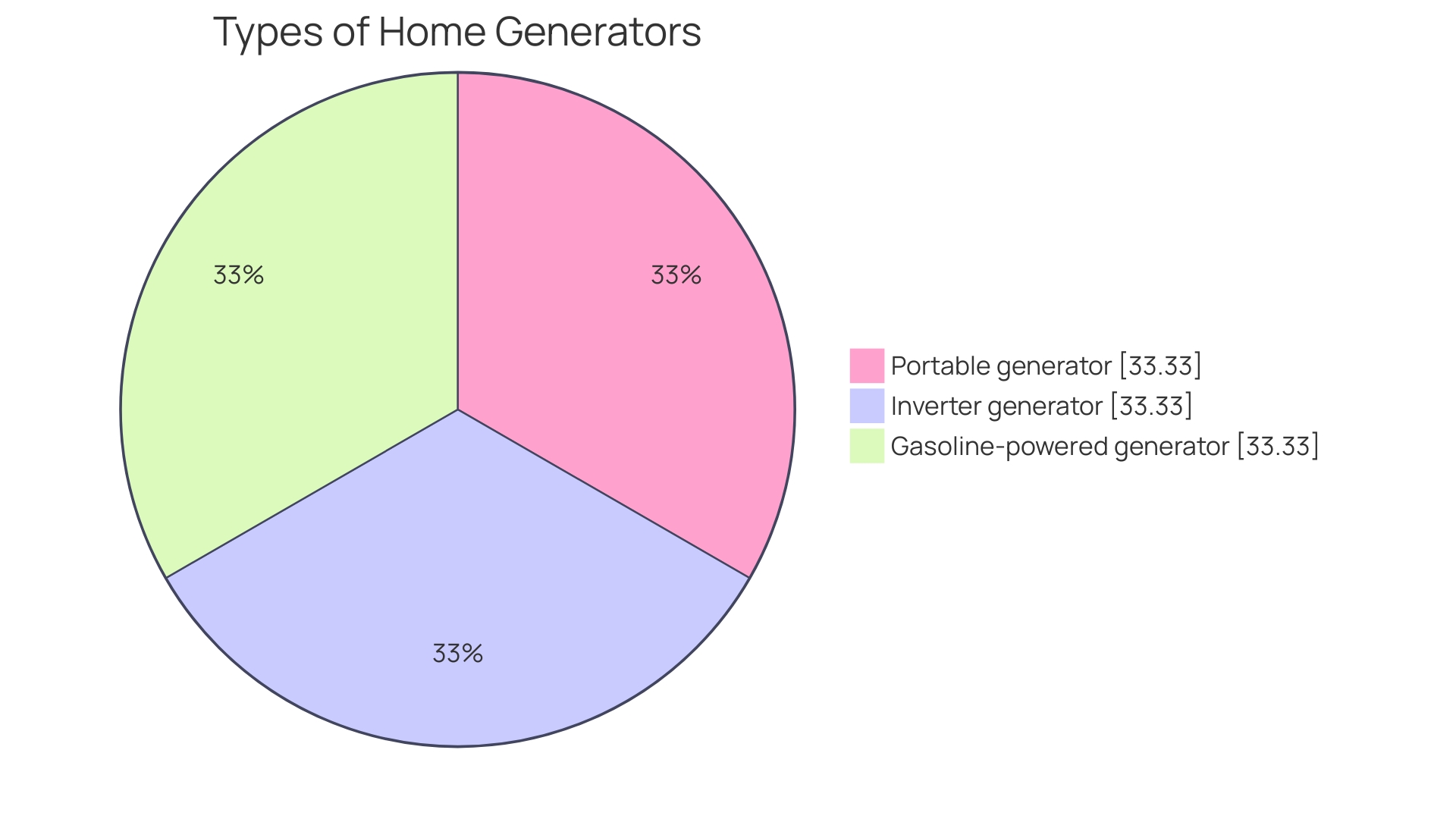
Flexibility in Power Needs
Renting a generator offers a powerful solution for diverse power requirements with its flexibility to adapt to any scale of need. Generators available for rent span a spectrum of sizes and power capacities, enabling a tailored fit for any project, be it a minor affair necessitating a modest unit for essential tools or a major construction site demanding substantial power provision. Portable generators on wheels exemplify convenience, effortlessly transportable to where energy is needed most.
An inverter generator mirrors this mobility, yet is compact enough for even easier translocation. These generators are not only versatile in placement but also in fuel efficiency and power output. For example, according to reports, portable generators can comfortably handle tasks ranging from charging small electronics to powering robust machinery.
This versatility makes rental generators a wise choice during the unpredictable occurrence of power outages. With the average home experiencing approximately seven hours of power interruptions annually, a generator's duration of support is crucial. Generators with a capacity of fewer than 10 kW cater to smaller demands at a reduced cost, while those with a 20 kW output are geared for comprehensive household power, reflecting their higher price point.
Moreover, the choice of a gasoline-powered generator often leads to savings compared to alternative energy sources. As we contend with an aging electric grid and increased extreme weather events, the adaptability of rental generators becomes ever more essential for ensuring continuous power supply.
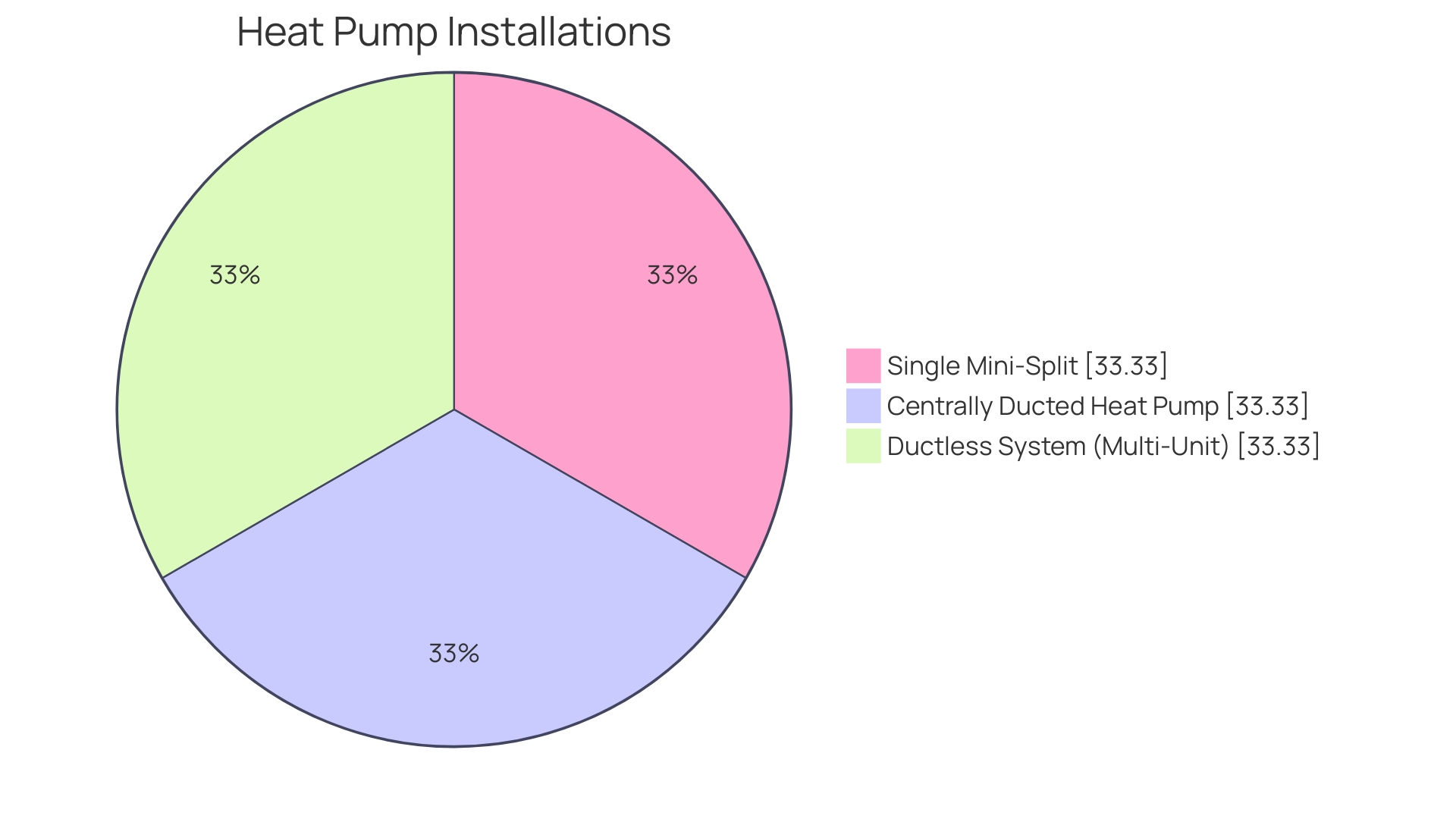
Reduced Maintenance Costs
Renting a generator can be a smart move for those looking to avoid the complications and costs associated with ownership. This approach spares you from the tedious and often costly maintenance, which includes regular servicing, repairs, and troubleshooting should issues arise. More than just a convenience, renting can be a strategic financial decision; according to data, the average revenue from renting equipment can reach up to 50% of its purchase price annually over a span of 7 years.
Subsequently, as equipment ages and rental rates decline, the timing of resale becomes a critical choice. Remarkably, even after considerable use, reselling often recoups upwards of 30% of the initial outlay. This model underpins the success seen in Europe by the Boels Rental Group, servicing a vast network through over 725 branches.
Furthermore, companies within the rental sector are increasingly embracing sustainable practices and technologies, such as hydrogen — an initiative actively pursued by Sunbelt as a part of the Sunbelt 4.0 growth strategy. Thus, renting not only relieves the individual from incurring ownership costs but also aligns with broader industry movements towards innovation and sustainability.
Immediate Power Availability
Ensuring a consistent power supply under any circumstance is vital for businesses where downtime translates to lost revenue and productivity. The versatility of rented generators becomes clear when confronted with statistics like those from the United States Energy Information Administration, which indicate that the average household experiences around seven hours of electricity disruption annually. However, unpredictability due to natural disasters, such as the 2021 Texas winter storm, underscore the necessity for a dependable power source that can support a home or business for extended periods without grid access.
Portable generators, one of the main types of rented generators, offer mobility and ease of positioning, with the more compact models providing even greater portability. Their affordability appeals to budget-conscious decision-makers who require a power source that aligns with their energy needs—generally measured in kilowatts (kW). A 20 kW generator is typically sufficient to power an entire home, while smaller-scale needs may only require a generator with less than 10 kW.
In light of the updating needs and the aging electrical infrastructure cited by the North American Electric Reliability Corp, it's essential to consider the functional duration of a generator and its fuel efficiency. Gasoline-powered generators tend to cost less than alternative options such as solar battery backups. Still, it is crucial to weigh the initial investment against the risk of prolonged power outages and the potential impact on vulnerable populations or critical medical needs.
The need for an emergency backup generator, often a cost-benefit consideration, becomes an imperative when keeping power running is not just a convenience but a necessity. Rented generators can be a quick, flexible, and cost-effective solution for maintaining uninterrupted operations or ensuring that an event goes on without a hitch.
Environmental Benefits
Opting for fuel-efficient, emission-reducing generators provided by rental companies can be a significant step towards sustainability. Such equipment has been engineered to consume less fuel and emit fewer pollutants, translating not only to operational savings but also to considerable environmental contributions. As an added bonus, this choice helps maintain a lower carbon footprint, aligning with initiatives that champion cleaner energy and a healthier ecosystem.
Additionally, data modeling tools provided by rental services can deliver tailored recommendations for electric projects, allowing for more precise estimates on cost, energy conservation, and emissions reduction. This data-backed approach assures that each decision is both economically savvy and environmentally responsible, ensuring that cleaner technologies like rented generators meaningfully impact our goals for sustainability.
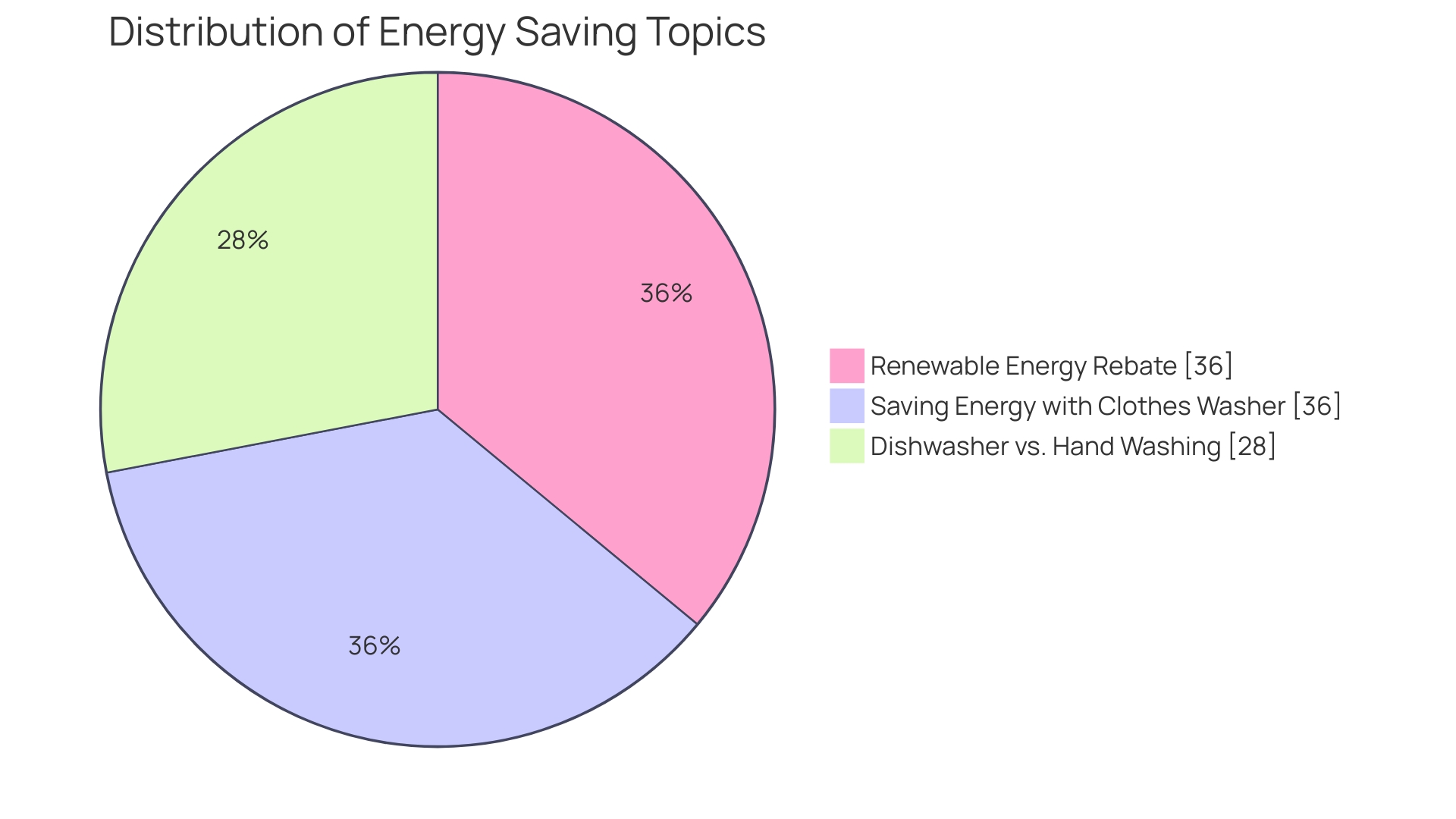
Scalability for Different Events
When the event or project scale varies, so do the energy demands. Renting a generator offers flexibility by allowing you to adjust the power supplied, ensuring you have just the right amount for the task at hand, be it a vibrant outdoor concert or an intimate wedding reception. The adaptability of renting goes beyond just events.
For progressive community projects like the one envisioned by the "House of the Future" in Rotterdam's Bospolder-Tussendijken, where the goal is to operate on human-generated power, rented generators can play a crucial role during development phases or as a supplemental power source. Workshops led by enthusiasts such as Kris De Decker and Marie Verdeil demonstrate how bicycle generators can be crafted from second-hand spinning bikes, a testament to the ingenuity rental equipment can inspire. Meanwhile, home generators are also evolving to meet the rising need for reliability in the face of frequent power outages.
Portable and inverter generators offer the mobility and versatility needed for both home use and smaller businesses, capable of powering anything from laptops to electric water heaters. The significant point to note is the storing tip for portable generators: an empty gas tank prevents fuel degradation and ensures readiness for emergencies. As we face an aging electric grid and the potential for prolonged blackouts during extreme weather, as warned by the North American Electric Reliability Corp, having the right generator, be it rented or owned, becomes a critical decision for uninterrupted power supply.
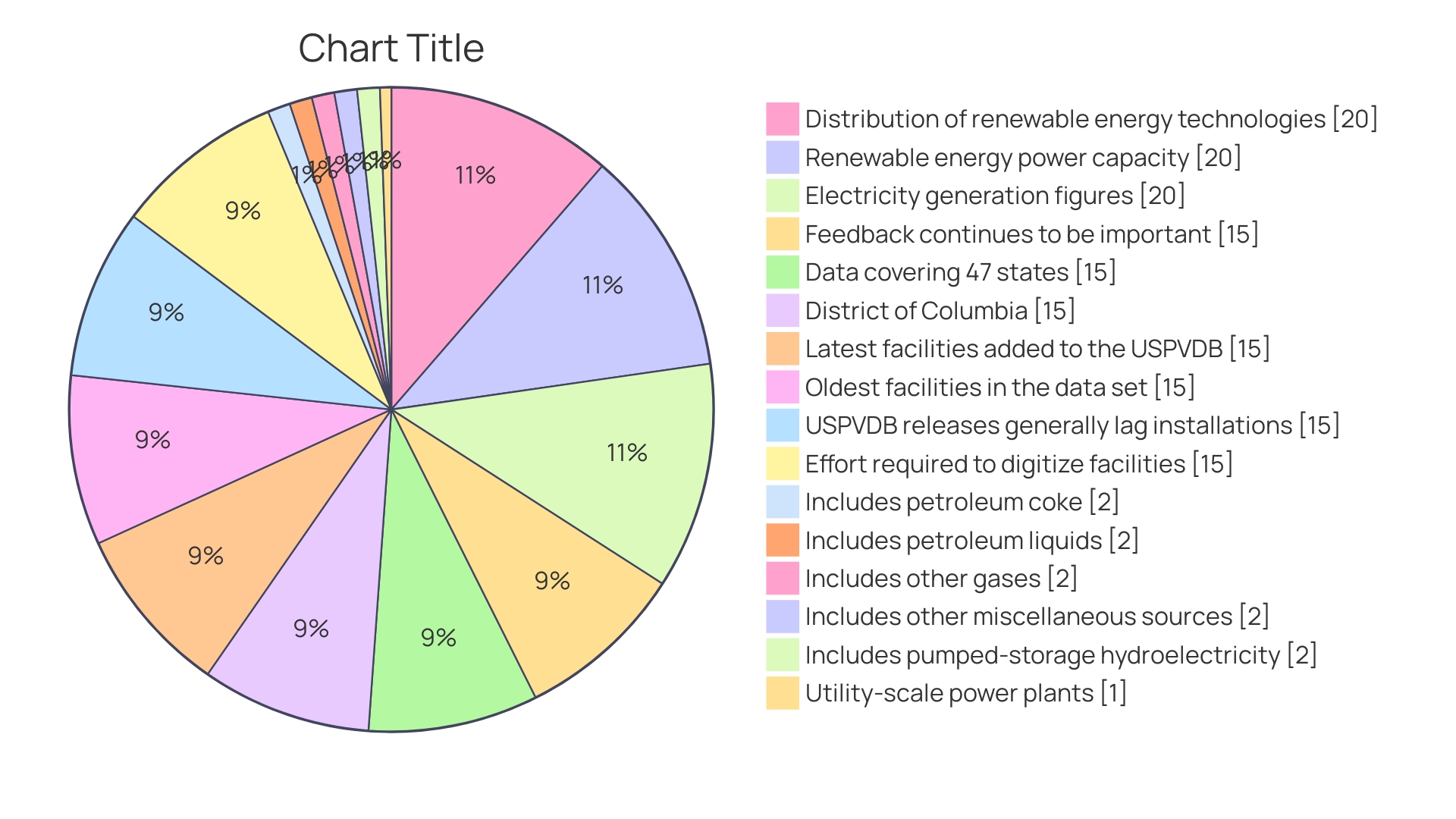
Reliability and Consistency
With power outages becoming more common due to natural disasters and other disruptions, having a reliable source of electricity is more important than ever. Renting a generator not only ensures you have a consistent supply of power, but it also offers peace of mind with the knowledge that these units are well-maintained and regularly serviced. Rental companies take responsibility for the upkeep of their generators, performing frequent inspections and maintenance to prevent malfunctions.
Moreover, the versatility of rented generators is invaluable, with options available to provide enough kilowatts for a range of needs—from household appliances to powering entire construction sites. In light of the average American household's energy consumption of about 30 kWh per day, generators with a 20 kW capacity are ideal for most homes. For smaller tasks, a generator under 10 kW will suffice and come at a lower cost, while gasoline-powered options remain the most accessible.
Portable generators, which often come with wheels or handles for easy transportation, are a practical choice for a range of circumstances. The capability to power critical medical equipment during outages or to keep communication devices operational cannot be overstated, and for small businesses, the adaptability to power everything from electronics to heavy machinery is a game-changer. Given the ever-present role of energy in both daily operations and emergency situations, the strategic use of rented generators plays a crucial part in ensuring continuous power and safeguarding against unforeseen power shortages.
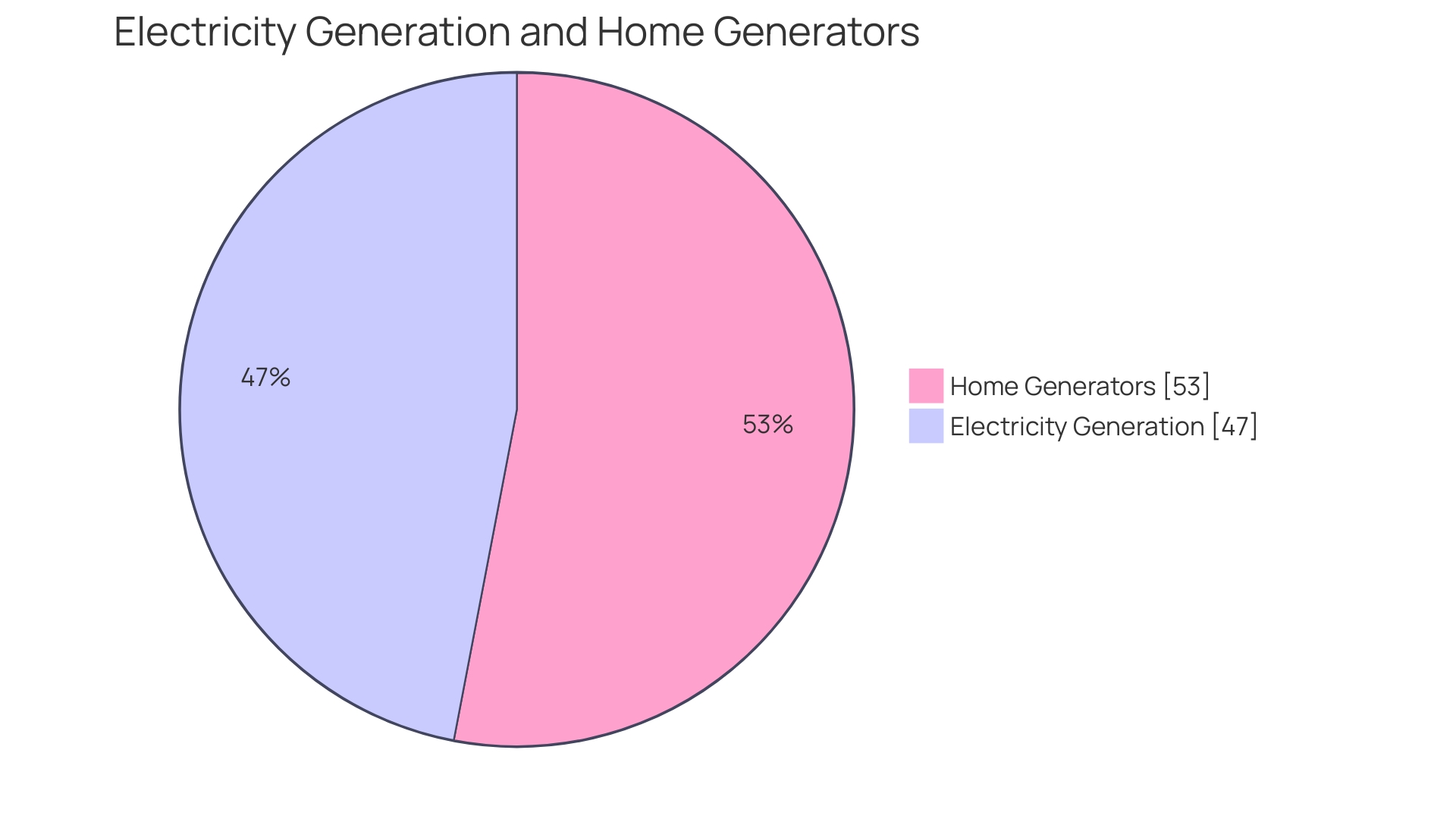
Access to Advanced Technology
Accessing state-of-the-art technology and high-efficiency models is supremely beneficial when it comes to generator rental. Rental companies, by necessity, keep their inventories stocked with the most current and technically advanced generators. Not only does this mean you can enjoy top-notch performance, but also significant energy savings and lower operating costs.
The flexibility to rent provides a savvy option over owning equipment that can rapidly become obsolete, sparing businesses the financial burden of depreciation.
Take the example of The Sinclair Hotel in Fort Worth, Texas. This establishment's energy storage revolution is made possible by transitioning from past fuel sources to modern energy solutions. Similarly, European companies like Boels Rental Group have embraced the change by offering a vast range of high-quality, current equipment across a substantial network of branches.
Moreover, with the pivotal role played by portable and inverter generators in providing swift and mobile energy solutions, from powering the essentials during short outages, as seen by the average disruption statistics, to maintaining operations during extended blackouts like those experienced in Texas, the value of these rented machines is unmistakable. Fuel efficiency and the capacity to handle a diverse array of tasks make rental generators a smart move for businesses aiming to maximize productivity while mitigating the risk of energy unreliability in a climate of increasing extreme weather events.
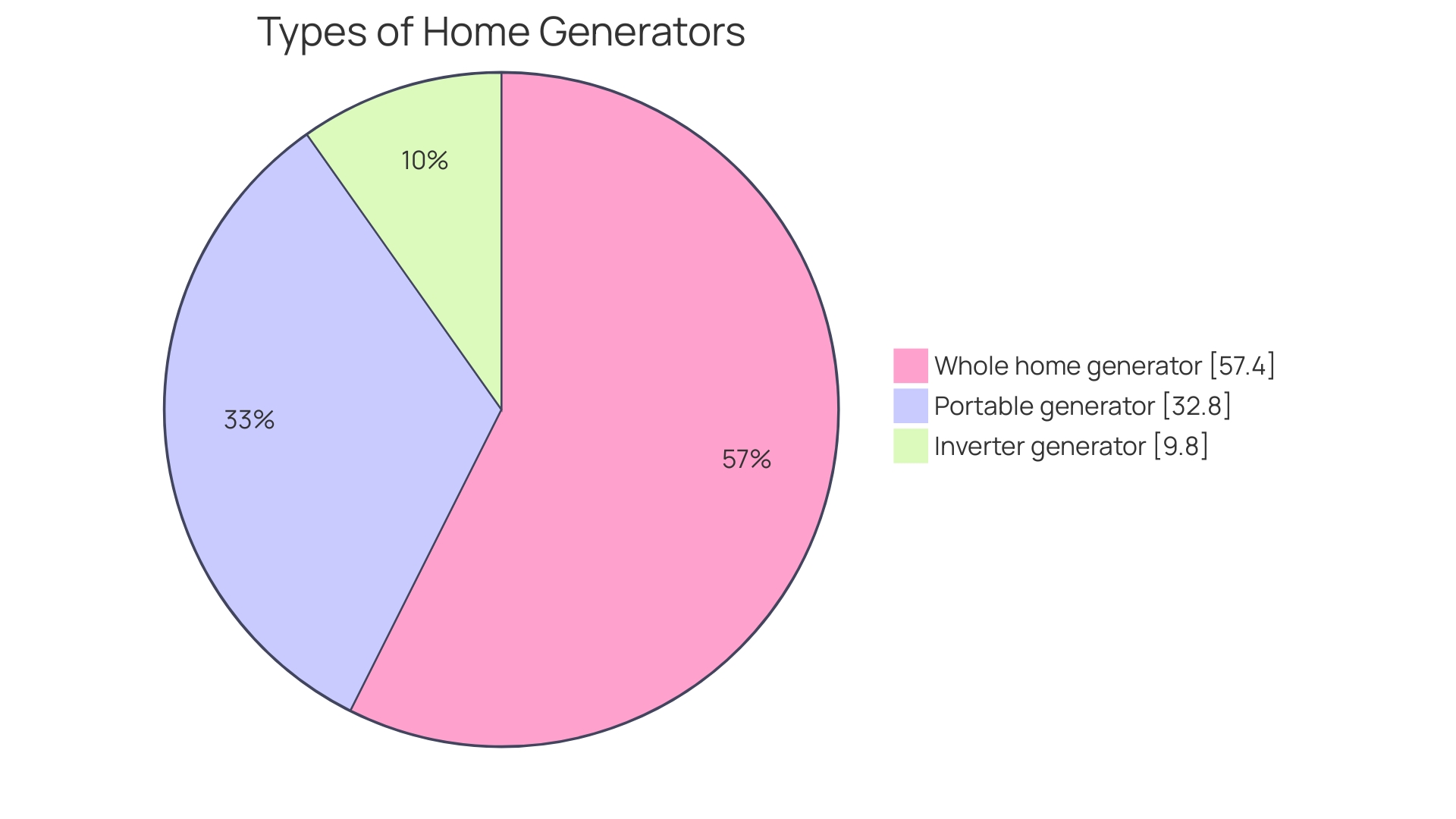
Conclusion
In conclusion, renting a generator is a cost-effective and versatile solution for temporary or infrequent power needs. It offers various benefits such as immediate power availability, reduced maintenance costs, and access to advanced technology.
Renting a generator eliminates the need for a significant upfront investment, allowing users to access a range of generators tailored to their specific needs without the financial commitment of ownership. This cost-effectiveness makes it a practical choice for individuals and businesses looking for flexible power solutions.
The flexibility of rental generators is another key advantage. They come in different sizes and power capacities, allowing users to adapt to any project or event. Whether it's a small task or a comprehensive power requirement, renting a generator provides the necessary scalability.
Additionally, renting a generator saves users from the hassle of maintenance and repairs. Rental companies take care of regular servicing and troubleshooting, reducing downtime and associated costs. This convenience makes renting a strategic financial decision for individuals and businesses alike.
Moreover, renting a generator offers immediate power availability during power outages or in remote locations without grid access. This reliability ensures uninterrupted operations, whether it's for residential use or to safeguard critical business functions.
Access to advanced technology is another advantage of renting a generator. Rental companies regularly update their inventories with the latest and most efficient models, allowing users to benefit from top-notch performance and lower operating costs.
In summary, renting a generator provides a cost-effective, flexible, and reliable solution for temporary or infrequent power needs. It eliminates the need for a significant investment, offers scalability, reduces maintenance costs, ensures immediate power availability, and provides access to advanced technology. Whether it's for personal use or business operations, renting a generator is a practical and efficient choice.




